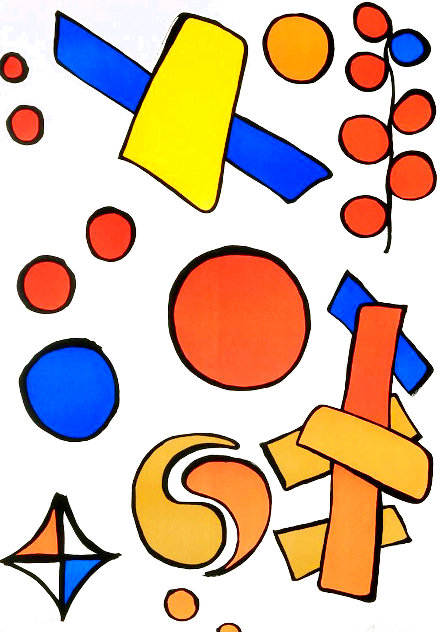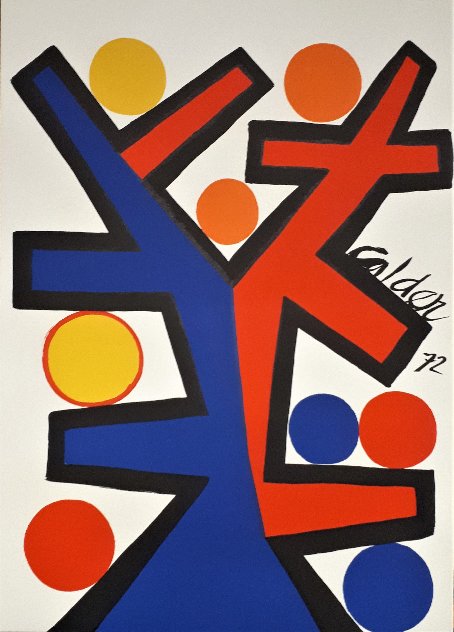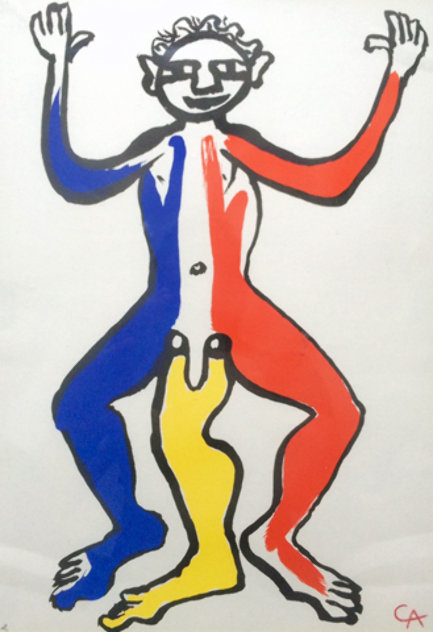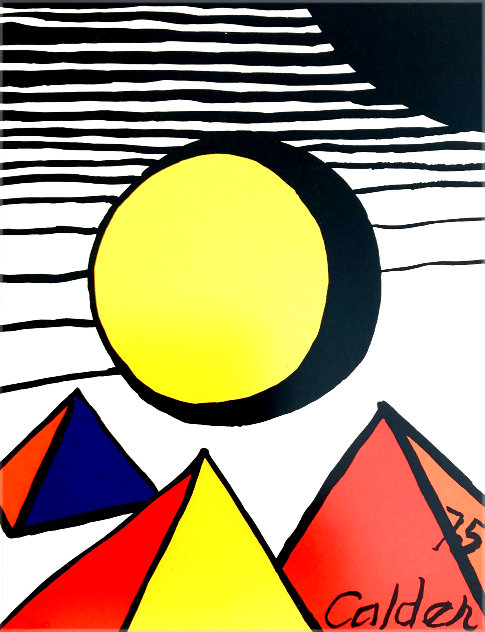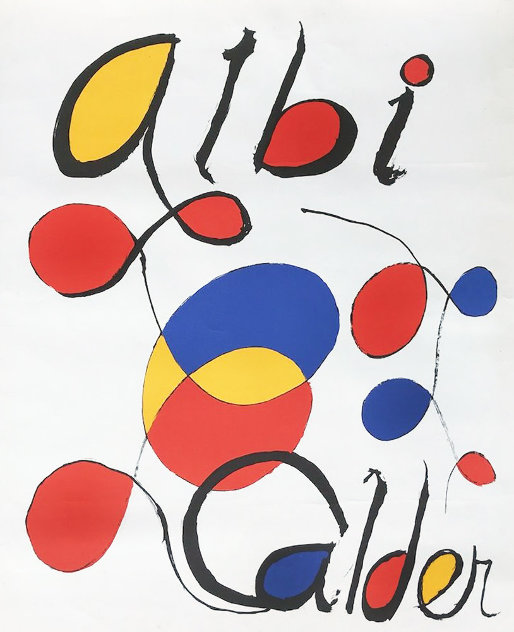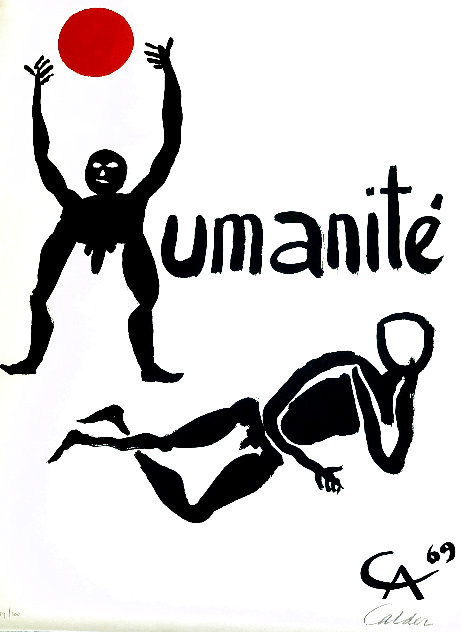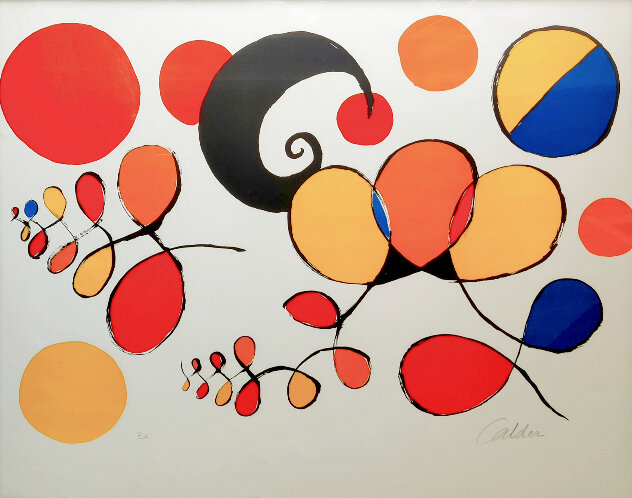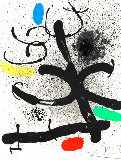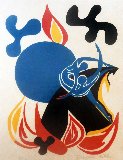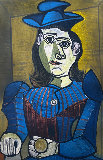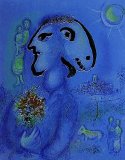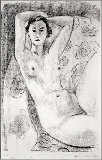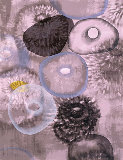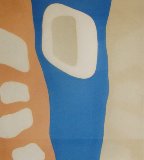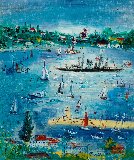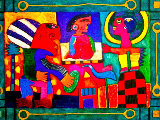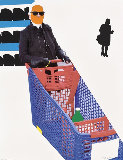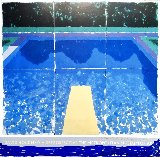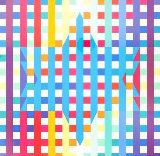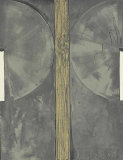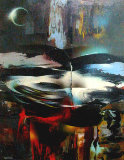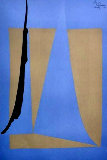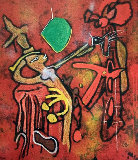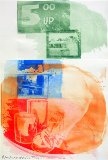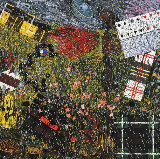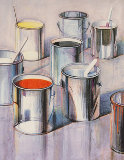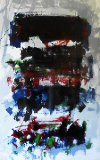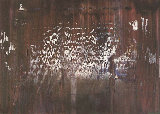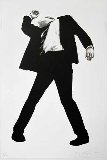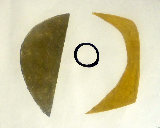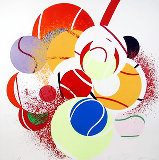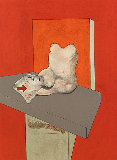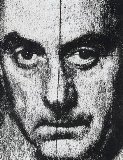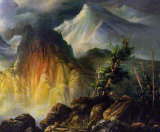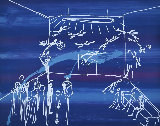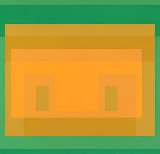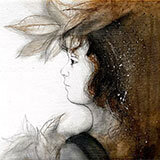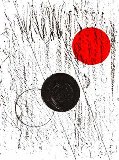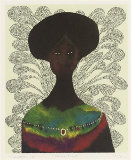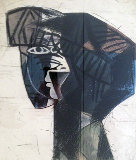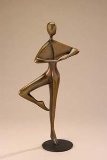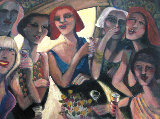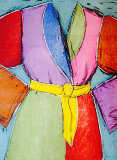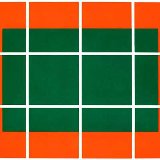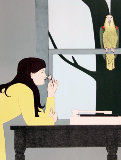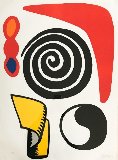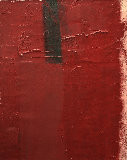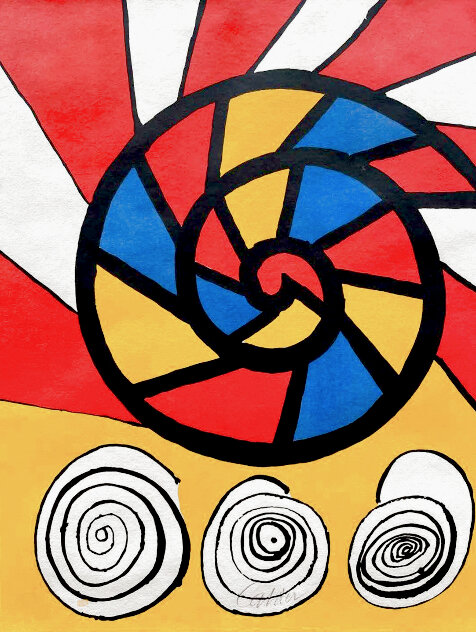


Phonograph 1976 - HS
Alexander Calder
Limited Edition Print : Serigraph on Paper
Size : 25.59x19.69 in | 65x50 cm
Edition : From the Edition of 25
Reduced
-
🔥1976 Limited Edition Serigraph - Inquire $5,700
Hand Signed
Year1976
Hand SignedLower Center in Pencil
Condition Excellent
Not FramedMounted on Black Cardboard
Purchased fromAuction House 2024
Certificate of AuthenticityArt Brokerage
LID167430
Alexander Calder - United States
Alexander Calder was an American Blue Chip artist best known for his mobiles and wire sculptures. His biomorphic forms recall the Surrealism of Joan Miró, with curved lines, geometric shapes, and soft angles. "My whole theory about art is the disparity that exists between form, masses, and movement," the artist once said. Born on August 22, 1898 in Lawnton, PA, Calder received a degree in mechanical engineering before turning to art in the 1920s, studying painting under George Luks and Boardman Robinson at the Art Students League in New York. Calder moved to Paris to continue his studies in 1926, where he was introduced to the European avant-garde through Marcel Duchamp, Jean Arp, and Fernand Léger. That same year, Calder embarked on arguably his most beloved piece, Cirque Calder (1931), a mechanized miniature circus that is performed before an audience. "I was very fond of the spatial relations," he said of his interest in the circus. "The whole thing of—the vast space—I've always loved it." Notably, it was his friend Duchamp that coined the term mobiles as a suggestion for an exhibition of Calder's work in 1932. During the following decades, along with his mobiles he also produced paintings and non-kinetic works. The artist lived in both Roxbury, CT, and France before his death on November 11, 1976 in New York, NY. Today, his works are held in the collections The Museum of Modern Art in New York, the National Gallery of Art in Washington, D.C., the Art Institute of Chicago, and the Tate Gallery in London. Listings wanted.

